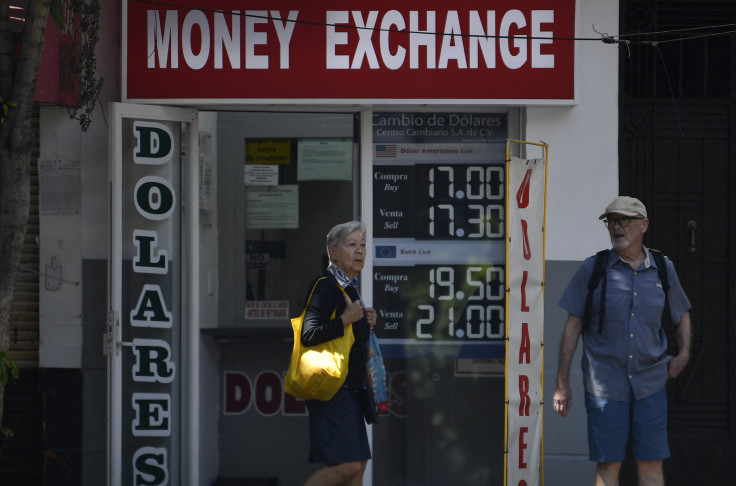
Immigrants in the United States are adjusting their financial habits in response to President Donald Trump's deportation policies. While some communities in both Mexico and the U.S. report a decline in remittances, national data suggests that many Mexicans are transferring their funds to Mexican banks as a precautionary measure.
40% Plunge in San Cristóbal de Las Casas
A recent EFE report highlighted a sharp decline in remittances going into San Cristóbal de Las Casas, Chiapas, Mexico's top remittance-receiving municipality. Remittances sent to the locality plunged by 40% in February 2025, according to Blanca Emma Elizalde, a government financial official.
Elizalde linked the plunge to uncertainty over U.S. immigration policies and a proposed 10% tax on remittances, which could result in $13 billion in annual losses for Mexico. Chiapas, where remittances make up 16% of the state's GDP, is particularly vulnerable to these changes.
In 2024, San Cristóbal de Las Casas received nearly $950 million in remittances out of the national record of $64.75 billion, according to data from the Bank of Mexico.
Small U.S. Businesses Hit by Remittance Drop
But it's not just in Mexico where the effects are being felt. Small businesses in some U.S. cities, including Sacramento, California, have also reported losses due to the decline in remittance activity.
Ranulfo Flores, owner of a store that provides money transfer services to immigrants, told Univision that this year, his clients "are sending less money, and some have stopped sending altogether."
Financial experts cite job insecurity, inflation, and fear of immigration raids as reasons behind the sudden financial behavior shifts within immigrant communities. Some migrants have also reported being worried about government surveillance and have stopped using money transfer services, impacting local businesses that depend on transaction fees and related consumer spending, such as Flores's.
According to data from the Bank of Mexico, California is the state from which the highest amount of remittances is sent to Mexico, making its small businesses dependent on remittances especially vulnerable to the shift.
Remittances Steady at National Level
Despite these local declines, remittance flows at the national level remain steady, with some migrants shifting their funds to Mexican bank accounts as a financial safety measure against deportation. Financial analyst Sergio Vázquez told Univision that this strategy ensures migrants' families can still access their money if they are forced to return to Mexico.
© 2025 Latin Times. All rights reserved. Do not reproduce without permission.





